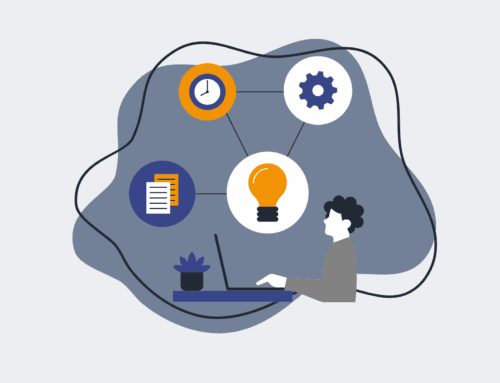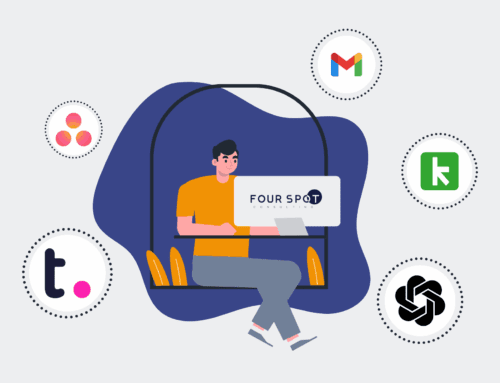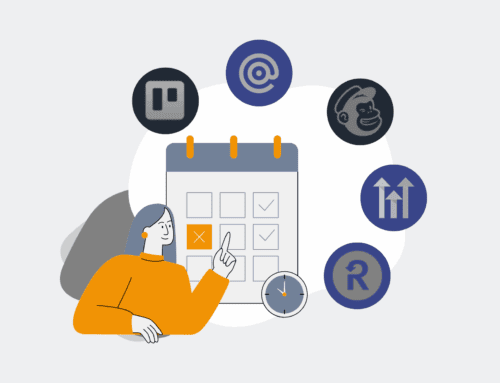Unlocking Latent Potential: AI’s Transformative Role in Identifying Transferable Skills and Future Talent
In today’s rapidly evolving professional landscape, traditional hiring methods often fall short of identifying the true breadth of a candidate’s capabilities. Resumes, while necessary, frequently present a static, backward-looking snapshot of experience, failing to illuminate the inherent potential and critical transferable skills that are essential for future success. Business leaders are increasingly challenged to not only fill current roles but also to strategically build a resilient, adaptable workforce capable of navigating unforeseen changes. This is where artificial intelligence emerges as a powerful, transformative ally.
The quest for talent has always been about more than just matching keywords to job descriptions. It’s about discerning aptitude, recognizing patterns of success across diverse contexts, and predicting how individuals might grow into future roles. For too long, this crucial insight has relied heavily on human intuition and subjective interpretation, leading to potential biases and missed opportunities. AI is now shifting this paradigm, offering a more objective and comprehensive lens through which to view human capital.
Beyond Keywords: AI’s Deep Dive into Skill Identification
Modern AI systems are designed to process vast amounts of data in ways that human recruiters simply cannot. Instead of merely scanning for explicit mentions of “project management” or “data analysis,” AI can analyze an applicant’s entire career narrative, identifying underlying competencies that may not be immediately obvious. For instance, a candidate who managed complex logistical operations in an entirely different industry might possess highly transferable organizational, problem-solving, and communication skills vital for a new role in tech. AI algorithms can detect these subtle connections, drawing inferences from disparate experiences, project contributions, and even informal learning.
This goes beyond simple text analysis. Advanced AI can assess the context in which skills were developed and applied. It can learn to identify patterns of adaptability from career transitions, infer resilience from challenging project outcomes, and recognize leadership potential from collaborative achievements, even when formal leadership titles are absent. By moving past surface-level indicators, AI helps organizations uncover a deeper reservoir of talent that might otherwise remain hidden within the confines of conventional recruitment processes.
Predictive Analytics: Anticipating Future Role Success
One of AI’s most compelling contributions to talent identification is its capacity for predictive analytics. By analyzing historical data on successful employees—their career trajectories, skill development paths, and performance metrics—AI can build models that predict which candidates are most likely to thrive in specific roles or within a particular organizational culture. This isn’t about fortune-telling; it’s about identifying strong correlations between observed attributes and future success indicators.
This capability is particularly valuable when considering potential. AI can help pinpoint individuals who, while perhaps not perfectly fitting a current job description, possess the foundational skills and demonstrated capacity for learning that make them strong candidates for future growth within the company. This strategic foresight allows companies to make more informed long-term hiring decisions, investing in talent that can evolve with the business rather than just filling immediate vacancies.
Mitigating Bias and Fostering Diversity
A critical challenge in traditional recruitment is the unconscious bias that can creep into decision-making. Human assessors, despite their best intentions, can be swayed by factors unrelated to a candidate’s actual ability or potential. AI, when properly designed and trained, offers a path toward mitigating some of these biases. By focusing strictly on objective skill demonstration, experience patterns, and potential indicators, AI can help standardize the initial screening process, ensuring that a broader, more diverse pool of candidates receives fair consideration.
When AI identifies transferable skills, it inherently broadens the talent pool. Instead of relying on a narrow set of criteria that might inadvertently exclude individuals from non-traditional backgrounds or underrepresented groups, AI can highlight the underlying capabilities that truly matter. This leads not only to a more equitable hiring process but also to richer, more innovative teams—a direct competitive advantage in any industry.
The Human-AI Partnership: Strategic Talent Development
It’s crucial to understand that AI is not a replacement for human judgment, but rather an enhancement. The most effective talent strategies leverage AI to augment human capabilities, allowing HR professionals and hiring managers to focus on what they do best: building relationships, assessing cultural fit, and making nuanced strategic decisions. AI handles the heavy lifting of data analysis, identifying the strongest prospects and presenting them with comprehensive insights into their transferable skills and potential.
For organizations like 4Spot Consulting, integrating AI into HR and recruiting automation workflows is about empowering businesses to make smarter, faster, and more profitable talent decisions. Our expertise lies in connecting disparate systems and deploying intelligent automation that not only identifies high-potential candidates but also streamlines the entire talent acquisition lifecycle, from initial outreach to onboarding. This enables business leaders to reduce operational costs, eliminate human error, and increase scalability in their talent strategies, ultimately saving high-value employees from low-value, repetitive work.
In an era where talent is the ultimate differentiator, leveraging AI to uncover every facet of a candidate’s potential is no longer a luxury—it’s a strategic imperative. By understanding and embracing AI’s role in identifying transferable skills, companies can build truly adaptive and resilient workforces, prepared for the challenges and opportunities of tomorrow.
If you would like to read more, we recommend this article: The Future of Talent Acquisition: A Human-Centric AI Approach for Strategic Growth









